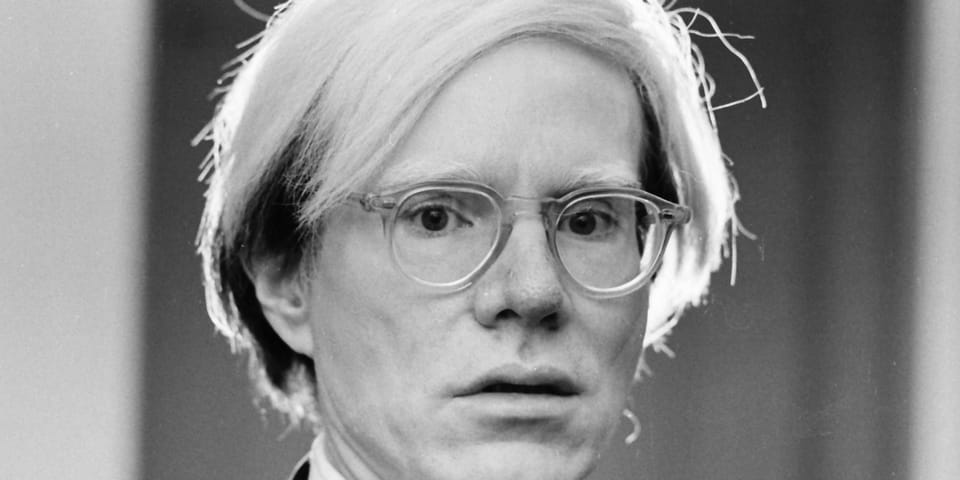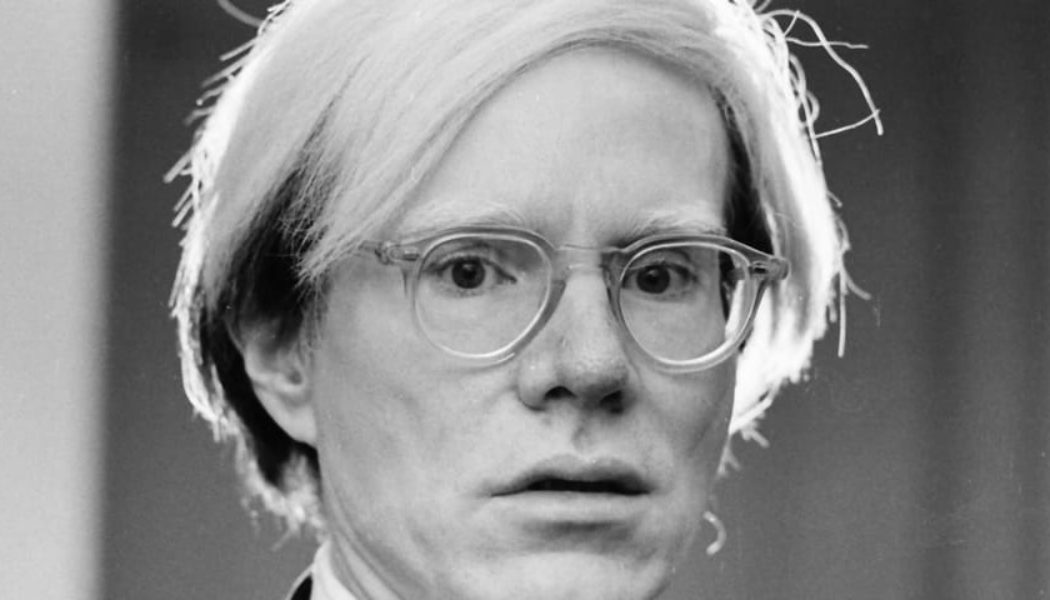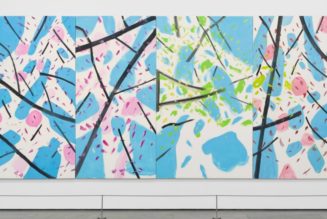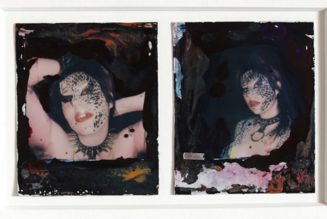
The U.S. Supreme Court has ruled that Andy Warhol‘s Prince series of prints infringed on the copyright of photographer Lynn Goldsmith. In a 7-2 decision, Justice Sonia Sotomayor stated that “original works, like those of other photographers, are entitled to copyright protection, even against famous artists.”
Warhol was first commissioned to contribute an artwork in 1984 to accompany a Vanity Fair article called “Purple Fame.” The piece also included a photograph by Goldsmith, which was used as an “artist reference,” in which the photographer was paid $400 USD. Warhol proceeded in altering the photograph across 16 different iterations, with one being used for the article. After the artist’s death in 1987, the Andy Warhol Foundation assumed ownership of the work. Fast forward to after Prince’s death in 2016, Condé Nast ran a tributary issue on the musician’s life and used another artwork from Warhol’s series for a sum of $10,250 USD. Goldsmith received no royalties or credit.
After years of litigation, the Warhol Foundation had “no persuasive justification for its unauthorized use of the photograph,” according to Justice Sotomayor. In dissenting views, Justice Elena Kagan and Chief Justice John G. Roberts Jr. believe the majority was wrong in its decision. “Warhol is a towering figure in modern art not despite but because of his use of source materials. His work — whether Soup Cans and Brillo Boxes or Marilyn and Prince — turned something not his into something all his own,” Kagan wrote. “If Warhol does not get credit for transformative copying, who will?”
The case has been closely watched across the art and entertainment world, with a Los Angeles-based lawyer, Douglas Mirell, predicting that this can gravely affect documentary filmmakers “and others who frequently rely upon ‘fair use’ as a defense for using clips of copyrighted works to tell the story.”









